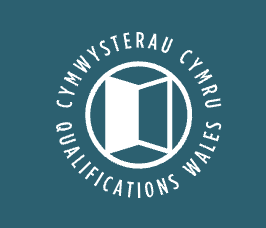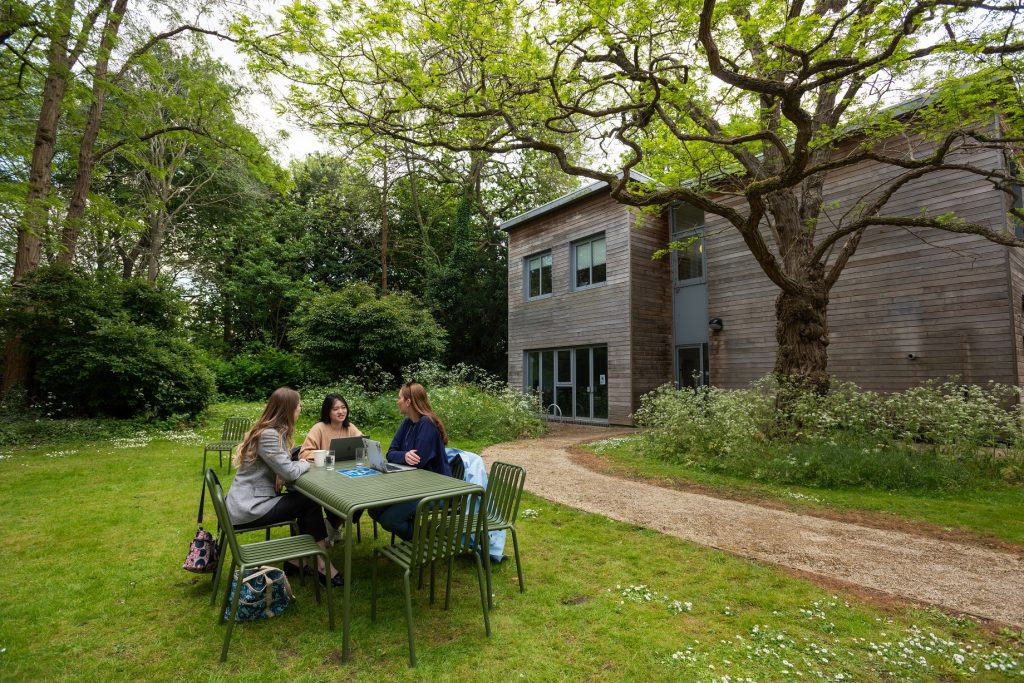The Project

OUCEA has a long history of research on the theory and practice of standard setting, as well as how standards in national qualifications are understood. The pandemic showed a communications gap between the public and industry insiders, which this project seeks to explore and address.
COMMUNICATION OF STANDARDS
Ways of communicating about standards to teachers were investigated and materials constructed, to support public dialogue on these topics.
We produced three short podcasts explaining some key issues in standard setting. These aim to give an accessible explanation to teachers, students and anyone interested the pros and cons of different approaches to standard setting in qualifications like GCSEs.
The first podcast explains the pros and cons of criterion-referencing – an approach to standard setting that some stakeholders advocate.
The ups and downs of criterion referencing
Beth yw asesu gan gyfeirio at feini prawf (Cymraeg)
The second podcast debunks the myth that GCSE are norm-referenced and explains how standards are really set – using an approach known as attainment-referencing.
GCSE standards why standards are not norm-referenced
A yw safonau’n cael eu hasesu gan gyfeirio at y norm (Cymraeg)
And the third podcast explains why it is that GCSE grade boundaries change from one examination series to the next.
Why do GCSE and A level grade boundaries change?
Pam mae ffiniau graddau yn newid? (Cymraeg)
The exercises and materials on this page have been developed by the team at OUCEA to support those colleagues in higher education who are involved in teacher education.
Video on the qualification lifecycle
This video, with Richard Harry (WJEC) and Michelle Meadows (Oxford University) outlines the stages of a qualification and how standards are embedded in each phase (approximately 12 minutes) – also available with Welsh subtitles.
THE EFFECT OF STANDARD SETTING POLICY
Our REPORT looks at how standards are embedded throughout qualification lifecycles and how different GCSEs would be other approaches were taken. Specifically, we discuss each of the following:
- Norm-referencing?- Candidates receive grades that tells us where they rank in relation to the population of students who could have taken the qualification in any year.? A formal norming study is required to understand the ranks for the broader population who could have taken the qualification.?
- Cohort-referencing?- Candidates receive grades that tells us where they rank in relation to the population who took the qualification in the same year.?
- Attainment referencing?- Candidates receive grades that reflects their holistic attainment in the qualification at a standard which is comparable with the attainment required for that outcome in previous year’s qualifications.
- Comparable outcomes – Candidates receive, as a group, comparable grades to those which they would have received had they followed the course before a reform and taken the old qualification.?
- Criterion-referencing?- Candidates receive grades that tell us whether they met pre-determined performance criteria.?
We explore the history and use of these approaches, and their pros and cons.
QUALITY ASSURANCE IN CRITERION-REFERENCING
A report was produced to inform policy on how criterion-referencing could best be quality-assured for future potential policy discussions on this periodic suggestion.
UNDERSTANDING OF STANDARDS
Interviews with industry-insiders and teachers were conducted, regarding their views on standards and how they are best communicated to the education sector.
Additional Information
This project was conducted in collaboration with Professor Steve Cooper (Cardiff Metropolitan University) and Kate Keating (Evenlode Communications Ltd.)
Presentations on this project were given at:
- ResearchEd Cymru conference
- Ofqual’s Educational Assessment Seminar
- The Joint Council for Qualifications
This research is funded by Qualifications Wales.














